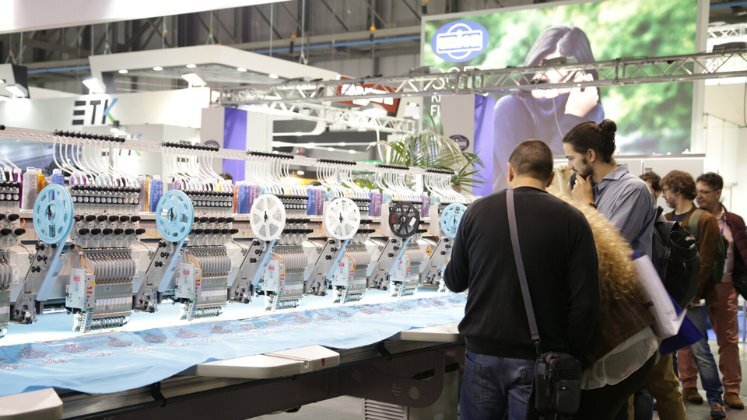
CEMATEX, the European Committee of Textile Machinery Manufacturers, has reinforced its role as the voice of the EU textile machinery sector by stepping up engagement with EU institutions and stakeholders.
The organisation confirmed it is now officially registered in the EU Transparency Register, a move which it said places it in a stronger position to represent the industry in legislative discussions. Alex Zucchi, President of CEMATEX, stated that the registration positioned the association “at the forefront of dialogue with EU legislators” and would enable it to contribute more actively to consultations on forthcoming policy initiatives.
As part of its wider engagement, CEMATEX has pledged support for the EU Sustainable Textiles Transition Pathway and joined the EU Textiles Ecosystem platform, ensuring greater visibility within the European textiles community. The organisation said it is closely monitoring key developments linked to the EU textile strategy, including the Eco-Design Regulation (Textile Delegated Act), the Waste Framework Directive, Product Environmental Footprint Category Rules, and market surveillance and customs reform proposals.
Trade advocacy remains another priority. CEMATEX has been lobbying against India’s Omnibus Technical Regulation, which requires compulsory certification for weaving and embroidery machines. The organisation has submitted a position paper to India’s Ministry of Heavy Industries and is pressing for a postponement of the measure. On the European side, it has coordinated with associations such as CECIMO, Orgalim and CECE to urge the European Commission to classify compulsory certification for CE-marked machinery as a Technical Barrier to Trade at the World Trade Organization. At the same time, CEMATEX is lobbying Brussels for tariff-free access to the Indian market for EU textile machinery.
On market surveillance, the group has circulated a position paper to all 27 EU member state authorities, calling for stronger enforcement against non-compliant imports. It is also preparing documentation to help customs authorities identify likely sources of non-compliance. A new Machine Safety Committee made up of experts from member companies will collect evidence of recurring issues and support authorities through brochures and awareness campaigns.
Through these initiatives, CEMATEX said it is reinforcing its leadership role in ensuring competitiveness and sustainability. Zucchi emphasised that by engaging directly in EU decision-making and defending industry interests in global trade, the association was committed to “securing a competitive, sustainable and innovative future for the European textile machinery industry.”






